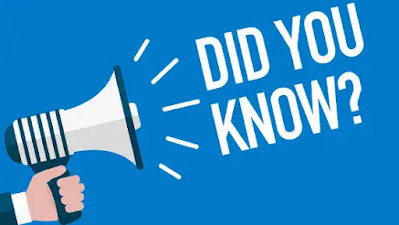A new study in the Annals of Family Medicine pitted a very-low-carbohydrate diet against the DASH diet (Dietary Approaches to Stop Hypertension) for adults with hypertension, type 2 diabetes or pre-diabetes, and overweight or obesity. While both interventions led to improvements in HbA1c, systolic blood pressure, and body weight, improvements among the low-carb group were substantially greater, raising the question of whether this approach may be more effective than the DASH diet, which is currently the American Heart Association’s standard of care dietary recommendation for hypertension.
The study involved 94 adults split across four cohorts, following their assigned regimen for four months: one group on a very-low-carb diet, one on the DASH diet, and two each of these diets with additional support in the form of email coaching, cookbooks, text messages, and recommendations regarding sleep and physical activity. The additional support was determined not to have had a significant effect on the outcomes.
For the very-low-carb (VLC) diet, subjects were advised to limit carbohydrate intake to 20 - 35 grams of non-fiber carbohydrates per day with the goal of being in ketosis when measured via urine test strips at least once weekly. The DASH diet called for limiting sodium intake to less than 2,300 mg daily and fat intake to 20% - 30% of calories per day. Participants were advised to eat a variety of fruits and vegetables, fish and lean meats, whole grains, and low-fat dairy.
Adherence was assessed via averaging three 24-hour dietary recalls over a period of 1 week. Adherence to the DASH diet was scored based on the DASH recommendations for including and excluding specific food types; participants in the VLC arms were considered to be adherent if they reported eating ≤ 90 g of non-fiber carbohydrates per day (despite the recommendation being to limit this to 20 to 35 grams).
As stated above, both interventions led to improvements in key measurements but larger improvements were observed in the VLC arms. In the VLC + support arm, almost 44 percent of subjects (7 out of 16) were able to decrease or discontinue medication for hypertension, compared to just 5 percent (1 out of 19) in the DASH + support group. In the groups without the additional support, 5 out of 16 (31 percent) of subjects in the VLC arm decreased or discontinued medication for blood pressure compared to 3 out of 23 (13 percent) in the DASH arm. Additionally, some participants in the VLC arms also decreased or discontinued medication for blood glucose, while no decreases or discontinuations were reported in the DASH arms.
We have written previously about the need to monitor medications in patients on VLC or ketogenic diets, as this way of eating is known to lower blood sugar very rapidly in some patients and blood pressure often begins to decrease quickly as well. The present study was small and has shortcomings, but it suggests that VLC diets may be more effective for patients with hypertension compared to the conventional go-to DASH strategy. In terms of long-term adherence and efficacy, this may be helpful for those who would prefer to follow a higher-fat diet, particularly if they also have type 2 diabetes and obesity as comorbidities in addition to hypertension."
Words Above From Article here
h/t Marks Daily Apple here
All the best Jan






























